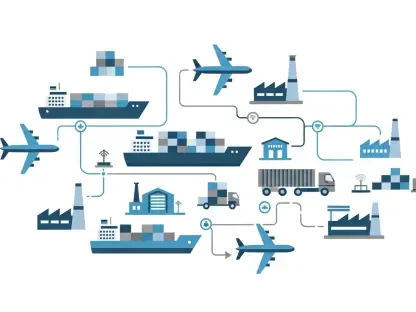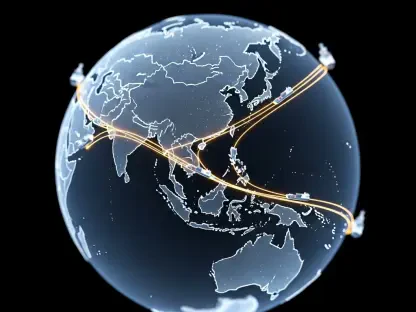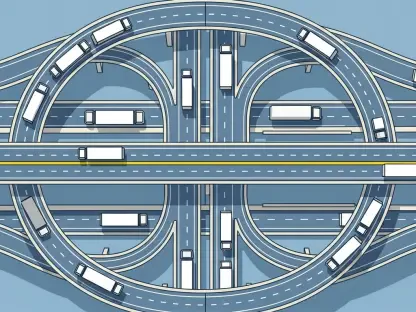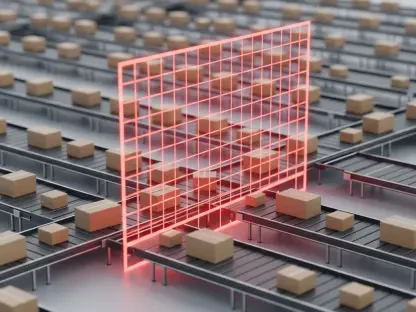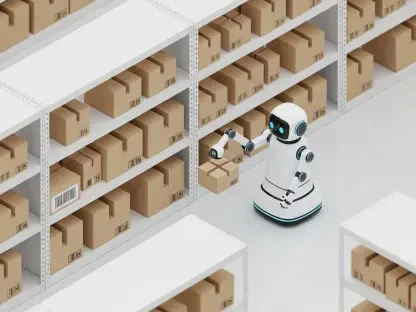The logistics industry, crucial for global trade and commerce, has traditionally relied on manual processes, extensive paper trails, and complex procedures. However, the advent of the Internet of Things (IoT) and digital tools is revolutionizing this vital sector. IoT, particularly, offers an interconnected ecosystem of devices that communicate with each other to automate and streamline logistics operations. By leveraging sensors, RFID tags, and GPS devices, businesses can now enjoy real-time tracking and monitoring of goods throughout the supply chain. This increased visibility into operations allows companies to identify and address inefficiencies, predict delivery times more accurately, and respond swiftly to any in-transit complications. Consequently, IoT is not merely an addition to the logistics industry but a transformative force driving it toward unprecedented efficiency and transparency.
Unleashing the Potential of Digital Transformation
Logistics firms are leveraging software like TMS and WMS to revolutionize operations, customer relations, and decision-making. These digital systems offer live data for optimizing delivery routes, inventory, and warehousing. AI and machine learning are ushering in an era of predictive analytics, enabling smarter, automated choices. Additionally, algorithms help predict customer demand, fine-tuning supply chain approaches.In the realm of last-mile delivery, drones and self-driving vehicles are turning science fiction into practical, eco-friendly solutions. These technologies navigate urban mazes with ease, promising speedier delivery services.As customer expectations rise and the commercial world quickly adapts, these digital advancements are crucial for logistics and supply chain companies to stay competitive and efficient. Through digital transformation, the industry is equipped to handle the demands of an ever-changing market landscape.



